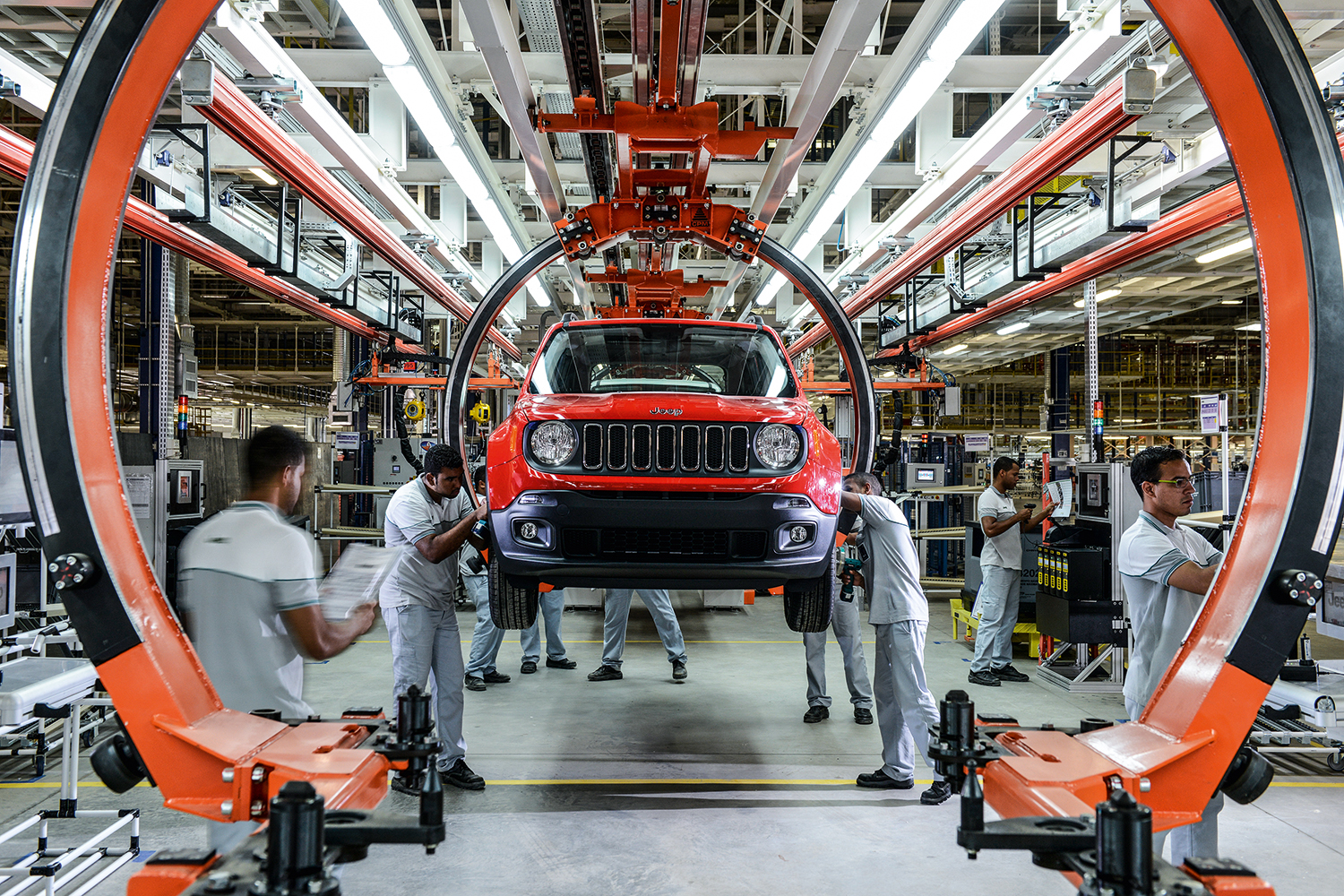RIO DE JANEIRO, BRAZIL – Below are three lists. The first contains the ten largest automobile-producing countries. It was made by the International Organization of Automobile Producers (Oica). The data are from 2019 production. Pre-pandemic, to de-index aid that the industry may have received under different governments in the last two years. China leads, with Brazil in the eighth position (in millions of units):
1. China (25.7)
2. United States (10.9)
3. Japan (9.7)
4. Germany (4.7)
5. India (4.5)
6. Mexico (4.0)
7. South Korea (3.9)
8. Brazil (2.9)
9. Spain (2.8)
10. France (2.2)
The second list gathers data, according to the Statista website, of the countries with the largest fleet of vehicles (in use) in both the category called BEV (also known as EV, which are battery-powered electric vehicles) and the PHEV (Plug-in Hybrid Electric Vehicle, or rechargeable hybrid vehicles) category. China dominates the ranking. Adding up the two categories (BEV and PHEV) we will have (in thousands of units):
1. China (4.508)
2. USA (1.778)
3. Germany (633)
4. Norway (484)
5. United Kingdom (434)
6. France (416)
7. Japan (293)

First, it must be made clear that automakers have not started investing billions in this segment because electric vehicles are cool. Developing a complex product on a global scale takes time and a lot of money. They start going down this road for two reasons: a) consumers, especially the younger ones, demand it; b) countries create normative and legal obligations for this to happen.
The third list comprises countries that have set deadlines for the adoption of electric vehicles, either completely or by banning sales of combustion engine vehicles, according to the International Energy Agency (IEA).
2025: Norway
2030: Denmark, Slovenia, the Netherlands, Ireland, Iceland, Israel, the United Kingdom, and Singapore
2035: Cape Verde, Canada, China, European Union, and Japan
Brazil is only present in the list of the past: the eighth-largest producer of combustion vehicles. Practically no automaker in Brazil affirms that they will produce electric vehicles locally. Nor batteries. Nor anything connected to this chain.
The automobile industry, and its supply network, have transformed Brazil into one of the less than four dozen nations that produce automobiles. From now on, Brazil could only become a consumer market. A receive-assemble-deliver platform.

